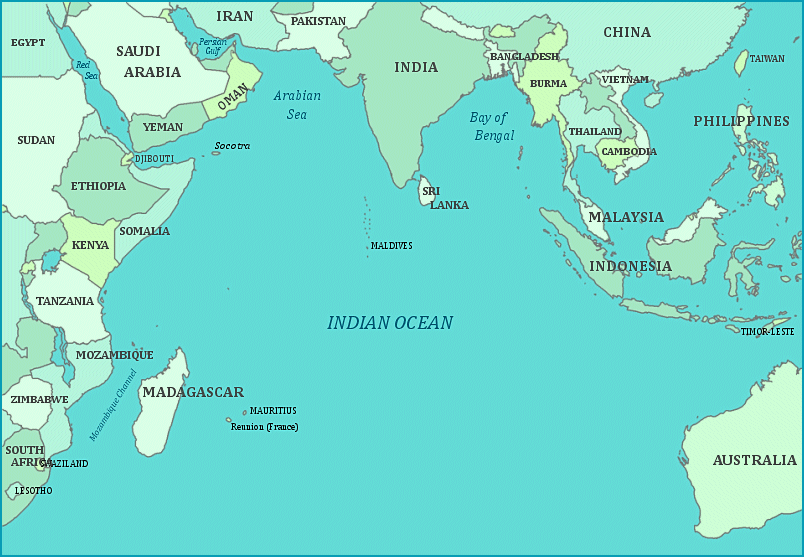Here is a little bit of what I have learned about Oman so far:
Oman is an absolute monarchy, which means that its ruler, Sultan Qaboos
bin Sa’id al-Sa’id ultimately has control over all the decision making that happens
in the country. He took over from his
father in a coup in 1970 and has been in power ever since. His father, Sultan Sa’id bin Taimur rejected
modernity, forbade most technological advancements, and in spite of the discovery
of large oil deposits, he refused to use the oil revenues to build up the
country. After the coup, Sultan Qaboos
exiled his father to England, where he died a few years later.
Though an absolute monarchy sounds like a bad recipe for governance to
my Western ears, the Sultan is well loved, and is responsible for the
impressive developments Oman has seen in education, health care, industry,
jobs, and foreign relations. Over the
past forty years, he has used Oman’s oil revenues to build up infrastructure
and services for Omani citizens, as well as investing in alternative forms of revenue
for the fast-approaching day when the oil runs out.
The primary religion in Oman is Ibadi Islam, or Ibadism. This is a sect that originated very early on
in Islamic history and is different from both Sunni and Shia Islam. Ibadism is characterized by tolerance and
non-involvement in politics, among other things, which I will write about as I
learn more. Oman grants freedom of
religion to all of its minorities, which include Hindus, Christians, Baha’is, Zoroastrians
and Sikhs as well as Shia and Sunni Muslims.
The diversity in religions is one of the results of centuries of trade with the countries of the Indian Ocean.
 The monsoon winds blow like clockwork across the Indian Ocean, northwest
in the summer months and southwest in the winter months. Sailors used these reliable currents for
thousands of years to move goods from the shores of the Arabian Peninsula and
East Africa to the archipelagos of Southeast Asia and even as far as China. Because of its location on the tip of the Arabian Peninsula, Oman is in a key position to benefit from this
trade. At one time, Oman established a Sultanate on the
East African island of Zanzibar, where they grew rich off of the selling slaves and cloves to the rest of the world.
The monsoon winds blow like clockwork across the Indian Ocean, northwest
in the summer months and southwest in the winter months. Sailors used these reliable currents for
thousands of years to move goods from the shores of the Arabian Peninsula and
East Africa to the archipelagos of Southeast Asia and even as far as China. Because of its location on the tip of the Arabian Peninsula, Oman is in a key position to benefit from this
trade. At one time, Oman established a Sultanate on the
East African island of Zanzibar, where they grew rich off of the selling slaves and cloves to the rest of the world.Centuries of cross-cultural interactions have shaped Omani culture to be truly unique, with a blend of races, languages, religions, and cultures, all in one small country.
I am excited to learn more, and ultimately, to see how the things I am
learning now stand up to the things I will learn once I finally arrive.
No comments:
Post a Comment